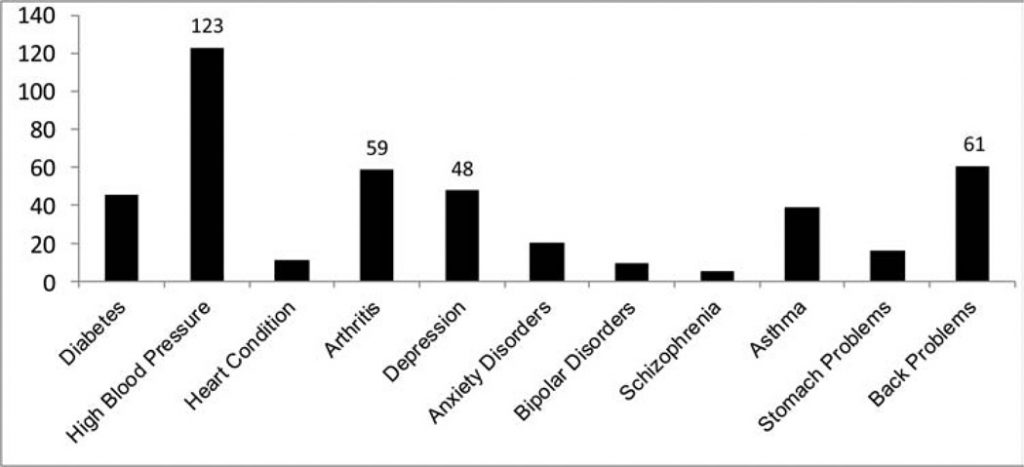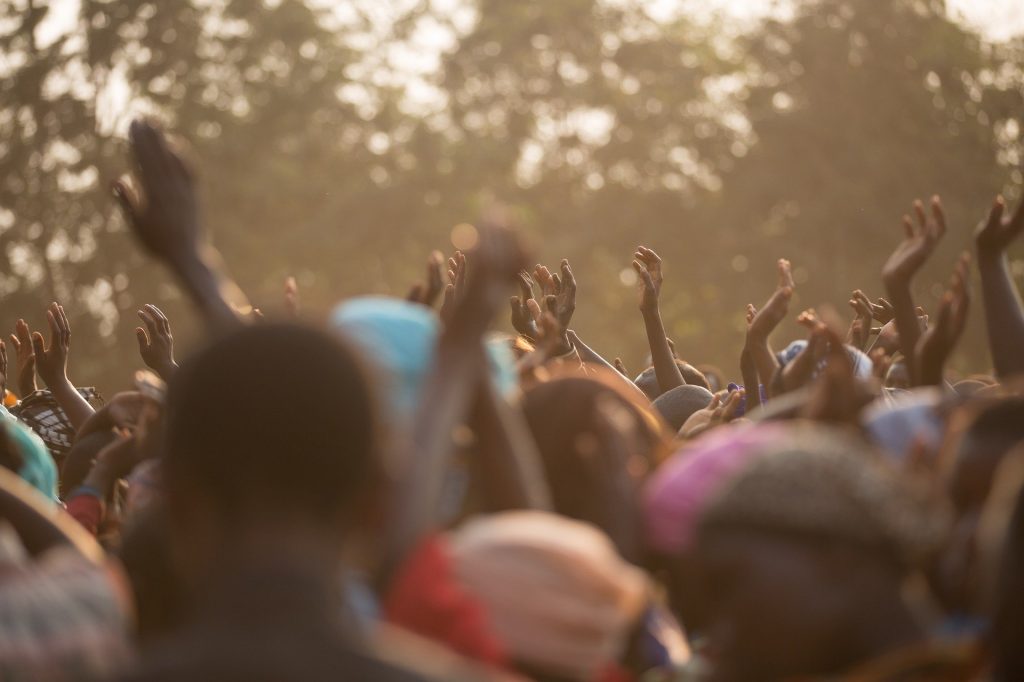(ThyBlackMan.com) Depression is a serious mental health condition–that much we all understand. It can be crippling, in terms of its debilitating effects on one’s emotional stability, interpersonal relationships, and productivity. It is a black cloud that envelops lives and makes it incredibly difficult to emerge from. In terms of the prevalence of depression, statistics have been presented by the National Institute of Mental Health (NIMH) stating that depression affects an estimated 6.7% of adults across the United States. That translates into 1 in every 15 people. Further, some 7.1% of people in the United States report at least one depressive episode during their lives [https://www.brainsway.com/treatments/major-depressive-disorder/].
These statistics do not tell the story of which racial and ethnic groups are susceptible to depression, or which groups tend to suffer most from depression. According to the Centers for Disease Control and Prevention (CDC), a study conducted between 2013- 2016 for adults 20+ years of age by several doctors [Debra J. Brody, M.P.H., Laura A. Pratt, Ph.D., and Jeffery P. Hughes, M.P.H. https://www.cdc.gov/nchs/products/databriefs/db303.htm] found the following:
- Depression levels tend to decrease as income levels increase.
- Non-Hispanic Asian adults had lower levels of depression compared to African Americans, Whites, and Hispanics.
- 1% of US adults aged 20+ experienced depression during a 2-week period.
- Women tend to suffer twice as much from depression compared to men, at 10.4% vs 5.5% respectively.
Medical News Today published an article on depression among African American communities. The thrust of the article states that African Americans tend to suffer from depression just as much as white people, but there are other stress factors that impact black communities more. These are largely related to racism, and its ill effects vis-a-vis access to treatment options, trauma as a result of racism, and difficult life conditions. Other exacerbating factors include poverty, violence, and lack of investment in predominantly black communities.

Medical News Today pointed to 2 specific studies from 2014. One study found that 10% of black women in a primary care environment had suicidal thoughts and 49% of black women suffered from depression [https://www.ncbi.nlm.nih.gov/pmc/articles/PMC4020280/]. Demographic factors play an important part in ascertaining how African American Women (AAW) fare in terms of the prevalence of major depressive disorder. In the population sample, depression, anxiety disorders, bipolar disorders, and schizophrenia featured prominently among the sample. Other attendant health conditions include high blood pressure, diabetes, arthritis, and back problems. While the sample size was relatively small and participants were allowed to use self-assessment reports, some interesting associations can be gleaned from the data. The project was ably assisted by the National Institute on Minority Health and Health Disparities (NIMHD).
African Americans are particularly susceptible to poverty, sexism, and endemic racism. These are significant triggers for increased levels of depression within this community. The National Study of American Life (NSAL) survey discovered that whites are typically susceptible to higher levels of depression (17.9%) than are African Americans (10.4%), and Caribbean Blacks (12.9%).[https://www.ncbi.nlm.nih.gov/pmc/articles/PMC4064454/] The difference comes in the duration of depression experienced within the black community. It persists much longer with black people than it does with white people. For black people, major depressive disorder is considered a chronic disorder, and there are many more comorbidities with depression among black people. These studies have an important bearing on how to tackle the attendant educational, societal, and economic forces that impact high levels of depression among African Americans.
What Types of Depression Therapy Are Available for Patients?
Depression therapy takes on various forms, according to the severity of the mental health condition in each patient. As a matter of course, depression therapy typically involves a combination of mental health counseling and medication. The medications typically include SSRIs and SNRIs. For patients who are slow to respond, or those who are unresponsive to medication, more aggressive major depressive disorder treatment measures may be required such as Electroconvulsive Therapy (ECT), psychotherapy, psychopharmacology, Traditional TMS, or Deep TMS™.

There are effectively two forms of treatment: surgical and nonsurgical. The surgical treatments involve incisions, implantations, electric shock therapy, and the like. These surgical procedures are highly effective, although they have many potential side-effects such as risk of infection, seizures, scarring, tissue or organ damage, or possibly death in the worst case. Nonsurgical procedures such as Deep TMS do not involve any incisions, anesthesia, healing time, et al.
Deep TMS, otherwise known as deep transcranial magnetic stimulation, utilizes a sophisticated helmet with electromagnetic waves that target neural activity in the brain. It is an internationally recognized treatment, cleared by the FDA for effectively alleviating symptoms and helping patients to live a normal, happy life over time. Deep TMS sessions typically last from 20 minutes – 40 minutes, 5 days a week, from 4-6 weeks with trained professionals, including nurses, doctors, and technicians. These types of treatment options are more readily available across the country and accessible to people of all racial, ethnic, and religious groups, bar none. Additionally, Deep TMS is covered by most major health insurance carriers across the United States.
Staff Writer; George Shaw

















Leave a Reply